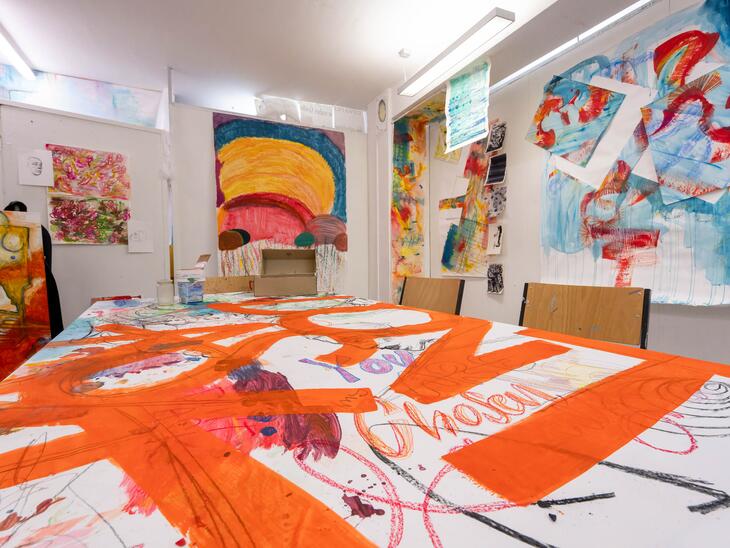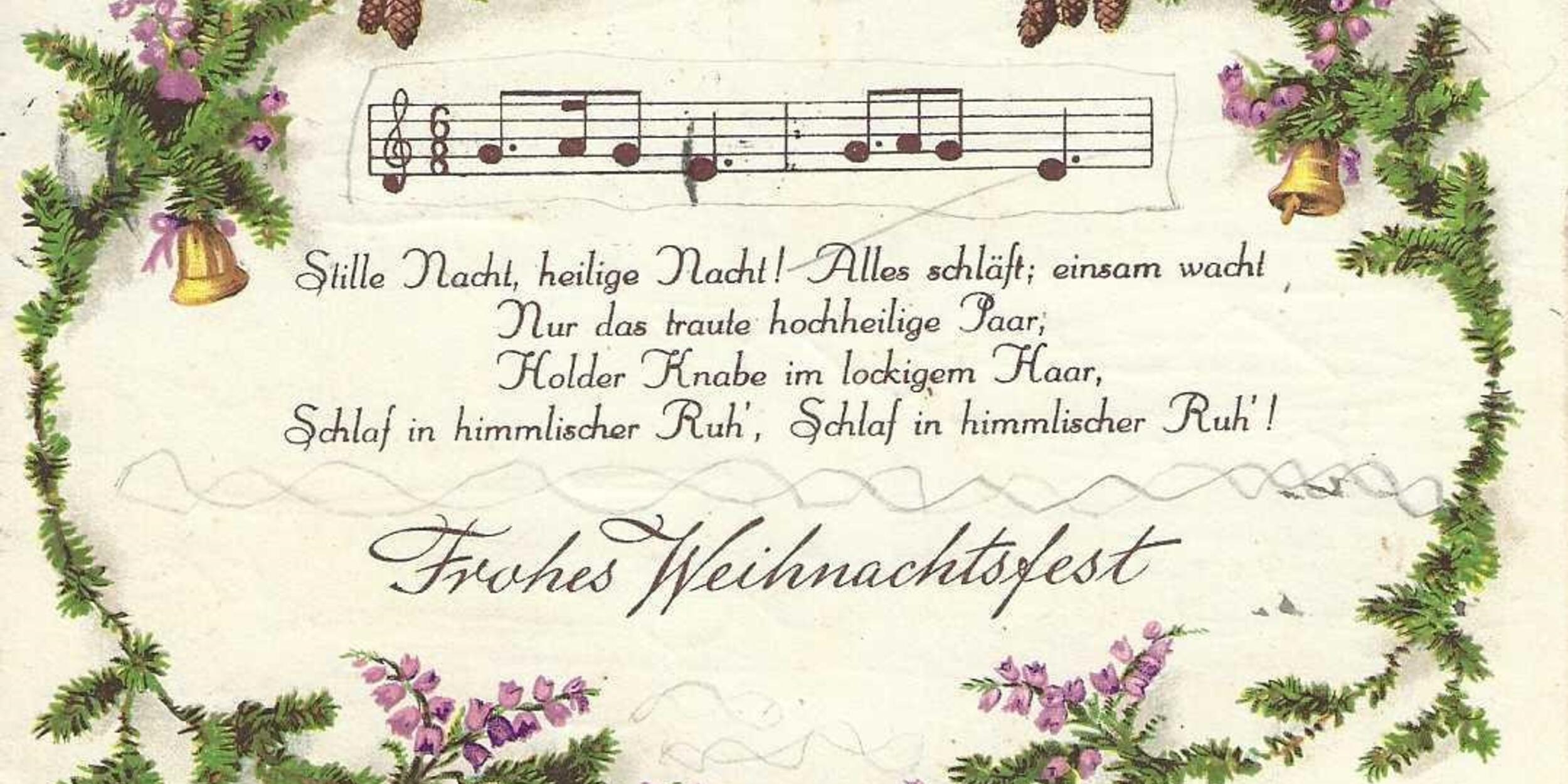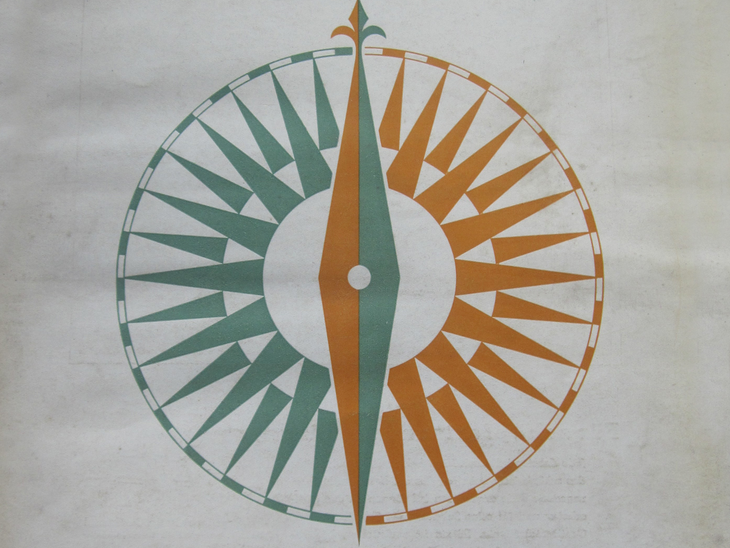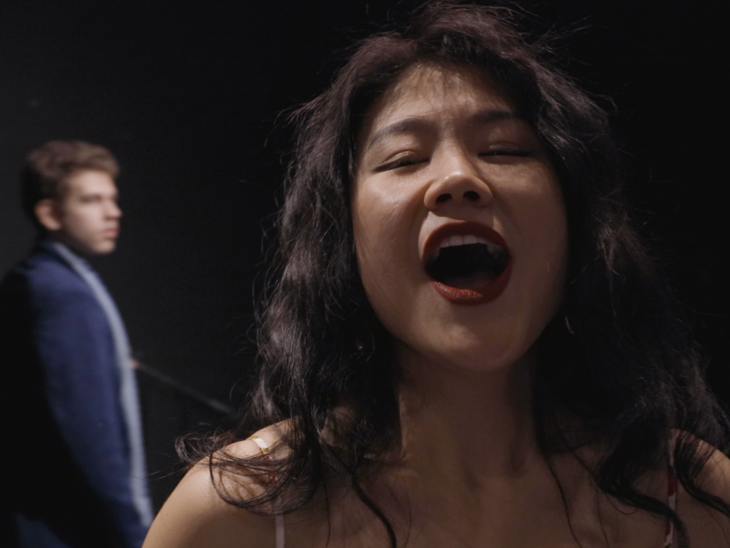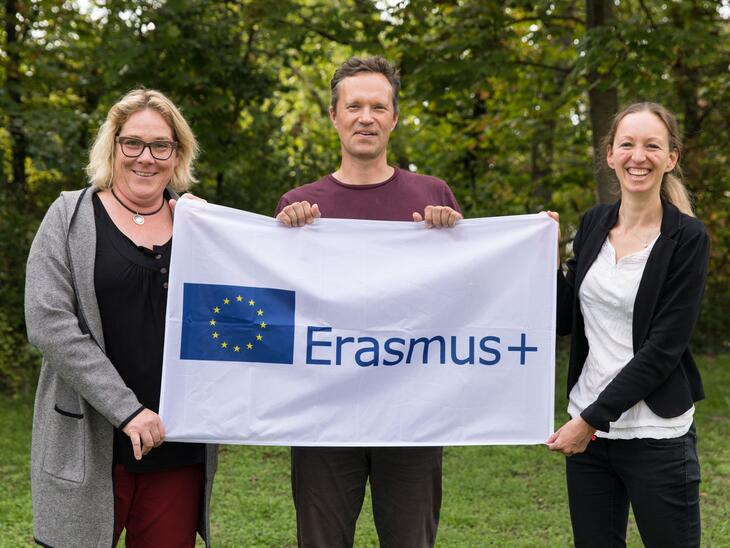The project involves the award of two work contracts to Magdalena Brunnthaler and Maximilian König, both students at the Mozarteum University. The aim of the project is to investigate the changeability of the song form and to find out to what extent it migrated between regions of the German-speaking world and, if necessary, gained in relevance.
Lyrical and musical variations in the Lied since 1819, when a verse was added for the first time, and since the authentic versions of the lyricist and composer (which already differed slightly from each other) lost their prescriptive character and allowed the Lied reception to develop its own dynamics.
The aim of the project is to investigate the changeability of the song form, to find out to what extent it migrated between regions in the German-speaking world and was changed or adapted in the process. The fact that "Silent Night" is often called a 'peace song' goes back to events during the First World War, but is at the same time exemplary for a tendency of the song to open up to current issues and contemporary content. Accordingly, the re-poetry of stanzas, as they sometimes arise in faith communities, is given special attention.
